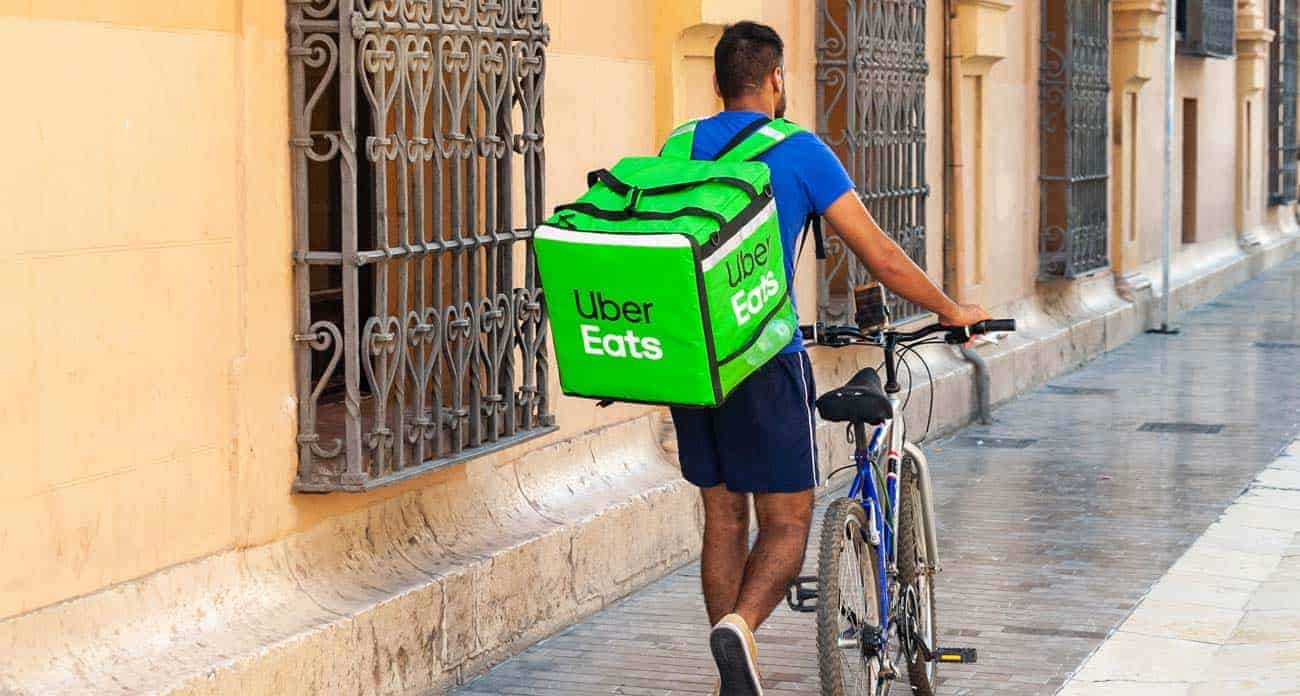
Por Mariana López
May 4, 2020
[wd_hustle id=”InArticleOptin” type=”embedded”/]
Contxto – Uber Eats called it quits in multiple markets this week. The food delivery arm of Uber announced that its operations will end in Uruguay and Honduras on June 4. The same goes for its service in five other countries: Romania, Czech Republic, Ukraine, Egypt, and Saudi Arabia. Note that its ride-hailing platform will continue to run.
In any case, it insisted that these exits aren’t related to the coronavirus (Covid-19) pandemic. Rather it’s part of an overall strategy to concentrate efforts in its “top Eats markets around the world.”
It did not specify exactly where its “top Eats markets” are. But can you really blame ‘em? The food delivery competition is growing tight throughout the globe. So why let your rivals know where you’ll strike?
Anywho, all of this echoes what Spanish last-mile delivery platform, Glovo’s own exits earlier this year. At the time, it stated it was a matter of profitability that led it to withdrawing from Uruguay and Puerto Rico.
And the problem of profitability is a topic all too familiar for Uber.
A platform like Uber Eats may be a delivery behemoth, but that doesn’t make it a shoo-in to gobble up an entire market. It faces differing marketplaces and local versions of its service wherever it lands. And Latin America isn’t the exception.
Up until February of this year, Uber Eats had been competing with Glovo in Uruguay. Then it dropped out of the race leaving it to face off with survivors Colombian Rappi and Uruguayan PedidosYa.
It’s worth assessing if home-grown startups are more fine-tuned to local needs, than global businesses:
Now Uber Eats has left the building in Uruguay with only Latam startups to compete for food delivery in this country.
Meanwhile, in Honduras, Glovo is still operating. There’s also Salvadoran HugoApp, contending for dominance of this Central American market.
But I guess by Uber Foods’ logic, there’s no sense in duking it out in every country. Instead, it’s regrouping its resources to tighten its grip in other likely larger markets.
So… if you can’t beat ‘em…leave ‘em?
Related articles: Tech and startups from Uruguay!
-ML

Por Stiven Cartagena
January 12, 2026